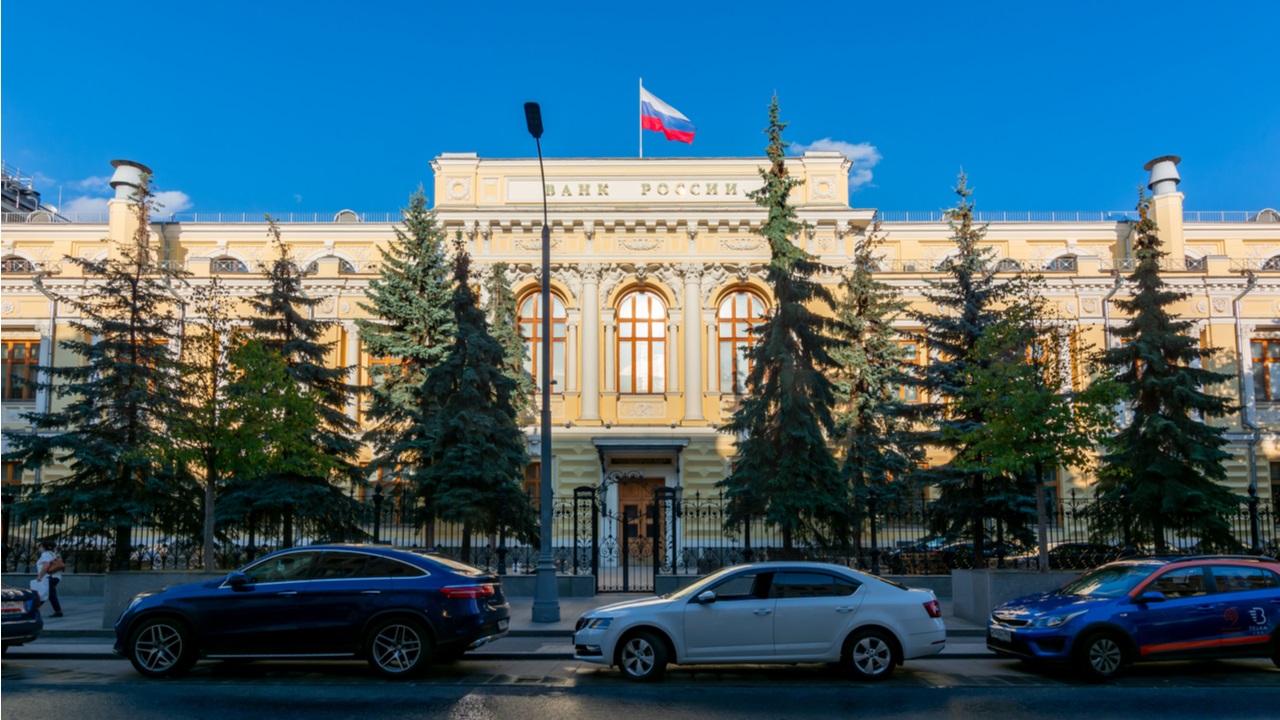
The Central Bank of Russia has recently expanded its database of financial market players suspected of illicit activities. Several crypto companies have been added to the list along with entities bearing signs of Ponzi schemes, as well as illegal credit organizations and forex dealers.
Central Bank of Russia Blacklists Crypto Platforms
As part of its monitoring of the financial sector, the Central of Russia (CBR) regularly identifies illegal financial services providers and warns Russian investors about fraudulent platforms. This week, the regulator added another 105 companies to its growing list of businesses showing “signs of illegal activities in the financial market.”
Among the new entries, the monetary authority has blacklisted a number of crypto companies. Most of them have been classified as resembling financial pyramid schemes. Bitflows, Bitkoresh, Bittrex-global, Crypto Invest Club, Idleminer, Miners Capital, and Money Miner fall under this category. Another entity, Bitford, has been designated as an “illegal professional participant in the securities market.”
The bank reminded the public that in order to offer most financial services in the Russian Federation, providers are required to obtain a license from the central bank or register with the regulator. “If this condition is not met, then, most likely, the organization operates illegally, and consumers can be deceived,” the authority says while also warning it’s not obliged by current law to compensate victims of illegal platforms.
Last month, Bank of Russia blacklisted three entities — To The Mars, To The Moon, and TTM Group — linked to the promotion of the Finiko crypto pyramid. Financial damages attributed to the Ponzi scheme, one of the largest in modern Russian history, amount to $4 billion, according to independent estimates quoted by Forklog. A report by Chainalysis revealed the pyramid received over $1.5 billion worth of bitcoin in less than two years before it collapsed this summer.
CBR blacklisted Finiko in February and a batch of 15 cryptocurrency projects was added in June, the crypto news outlet noted. “To suppress illegal financial activities, the Bank of Russia takes measures to block the websites of such companies, and also interacts with law enforcement and other authorized bodies, foreign regulators to apply other measures,” the authority explained.
The Central Bank of Russia has continuously opposed the adoption of cryptocurrencies, issuing multiple warnings for investors. Last week, its Deputy Chairman Sergei Shvetsov stated the bank would not support increasing access to crypto markets, insisting cryptocurrency is “highly risky and has signs of a pyramid scheme.” Earlier in September, the regulator recommended banks block cards and wallets used to transact with crypto exchangers, and in July, CBR advised Russian stock exchanges to avoid trading crypto instruments.
Do you think Bank of Russia is treating companies involved in the crypto space equally? Share your opinion in the comments section below.
from Bitcoin News https://ift.tt/3m0MBYK
Comments
Post a Comment